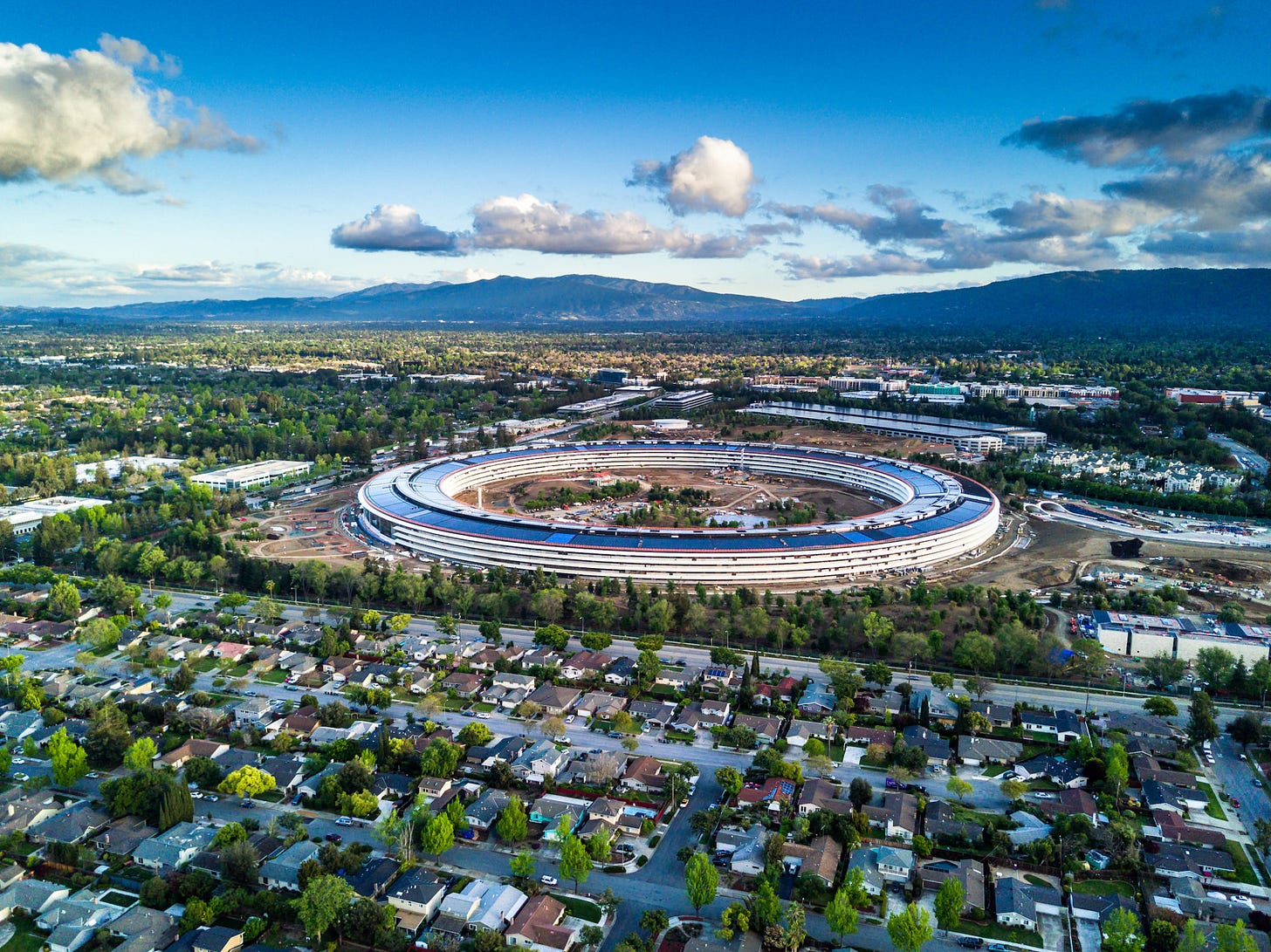5 reasons why governments can't do what Silicon Valley can
One way to censor social networks and information platforms is to create a government-built alternative. Here's why it never works.
Everybody's talking about censorship right now because the social networks have "canceled" the president, and many in government oppose this.
Usually, the problem is the reverse. It's usually governments who'd like to censor the social networks because free speech threatens the power of despotic government.
But why censor Silicon Valley networks when governments can just create their own censored alternatives?
The government of Pakistan is creating its own social network. The Indian and French governments are each building its own WhatsApp. Russia is creating an alternative to SpaceX's Starlink satellite internet service. China built its own Wikipedia.
When governments oppose technologies they can't censor, they sometimes try to create their own version. It never works.
Building a network is easy. Getting people to use it is hard.
The US government recently floated the idea of creating its own 5G service, but then quickly shot it down as unfeasible. Good thinking, US government.
Years ago, the Russian government tried to create its own Facebook, but the effort fizzled.
Such initiatives are always doomed to failure.
(This is different from infrastructure that only the government can make happen — the GPS system, the Internet, and so on. Government is good at core infrastructure and lousy at end-user services.)
Here are the 5 reasons why governments can't do what Silicon Valley can:
Successful tech companies are merely the winners of a Darwinian contest between hundreds of startups, whereas governments try to create one product in a competitive vacuum
The most successful companies involve a visionary dictator-founder (like Steve Jobs, Bill Gates, Mark Zuckerberg, Jeff Bezos or Elon Musk) who can make hard choices and get the whole company moving in one direction (governments often have the dictatorship, but not the vision)
Governments move far too slowly
Communication networks built to control or stop communication are unappealing
The more despotic the government, the less the public is likely to trust their initiatives




Face it Mike...you're a red-blooded capitalist at heart.
"Government is good at core infrastructure and lousy at end-user services." Would you apply that to health care?